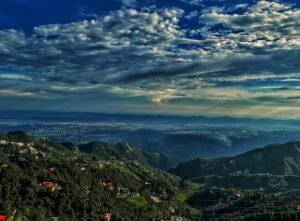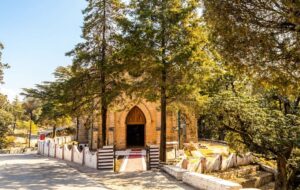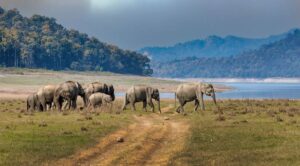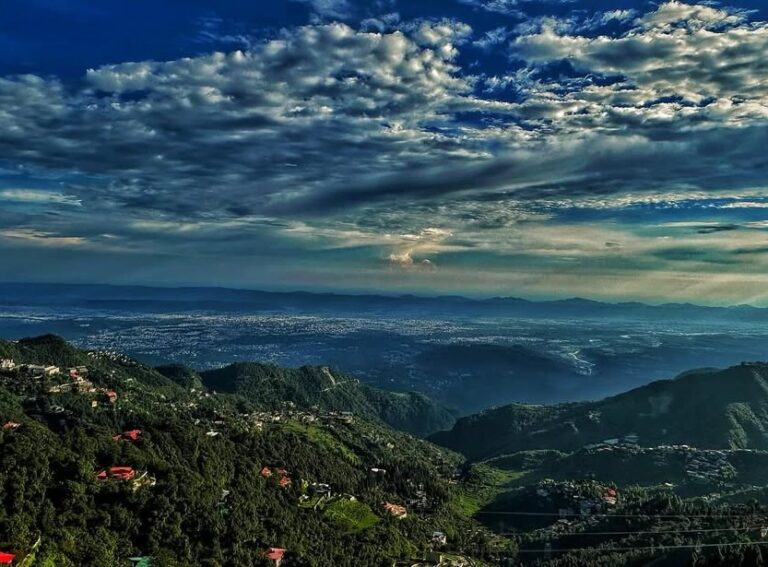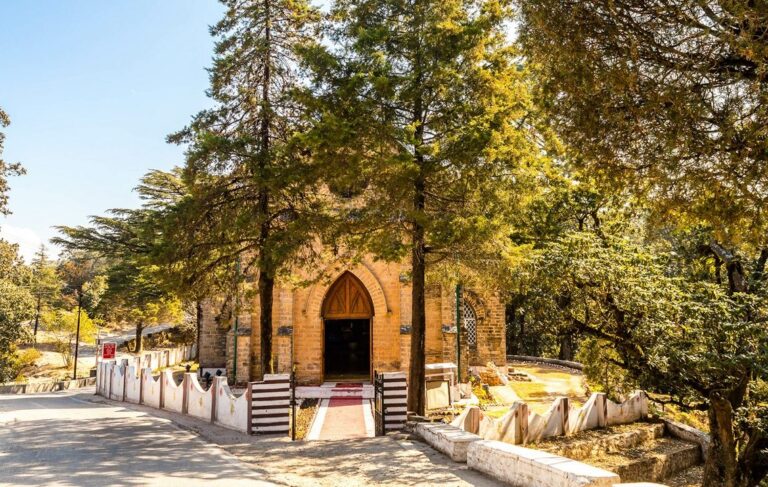About Van Gujjars Uttarakhand: People of the forest or nowhere?
In the serene landscapes of Uttarakhand, a quiet battle is unfolding as the Van Gujjar community finds itself caught between the need to protect wildlife and the challenges of displacement. The Van Gujjars, a nomadic pastoral tribe, have long-standing ties with the forests. Now their existence is threatened by the expansion of conservation efforts in the region.
Rajaji National Park Uttarakhand
The story begins in 1992 when the Rajaji National Park was established, and the Van Gujjars found themselves at the center of efforts to safeguard the park. The government aimed to relocate them outside the park’s boundaries, leading to a series of chaotic and, at times, unlawful relocations that violated the community’s rights over the forest land.
While some community members have experienced benefits from relocation. The process has disrupted the migratory routes not only of the Van Gujjars but also of wild animals. This has resulted in unfortunate incidents of roadkill and wildlife raids on farmlands bordering the fragmented forests, causing problems for both the community and local farmers.
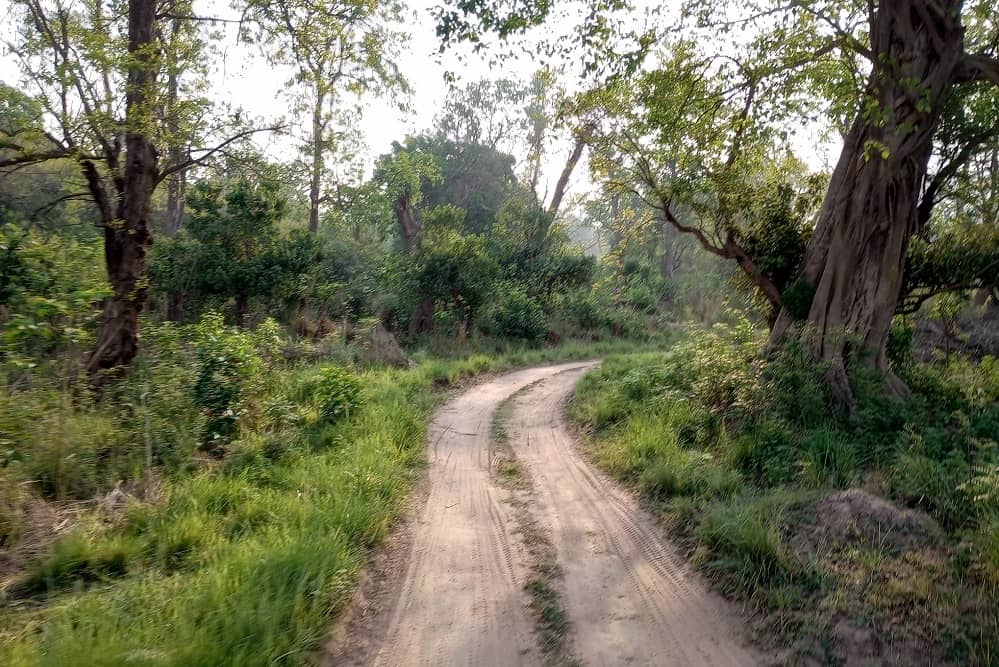
Despite being accused of overgrazing, the Van Gujjars argue that industrialization and urbanization have forced them into sedentary lifestyles. The Exclusion limiting their access to smaller forest patches and exacerbating the issue of overgrazing. The struggle for the Van Gujjars is not just about conservation but also about the impact of development projects that encroach upon their traditional way of life.
Relocation Programme
The concept of “voluntary relocation” began in 2002 to protect the Rajaji National Park, but recent discussions hint at more intrusive measures. The Shivalik Elephant Reserve, covering 5400 square meters, is under consideration for losing its conservation status to expand the Jolly Grant airport, reflecting the prioritization of conservation over the rights of marginalized communities.
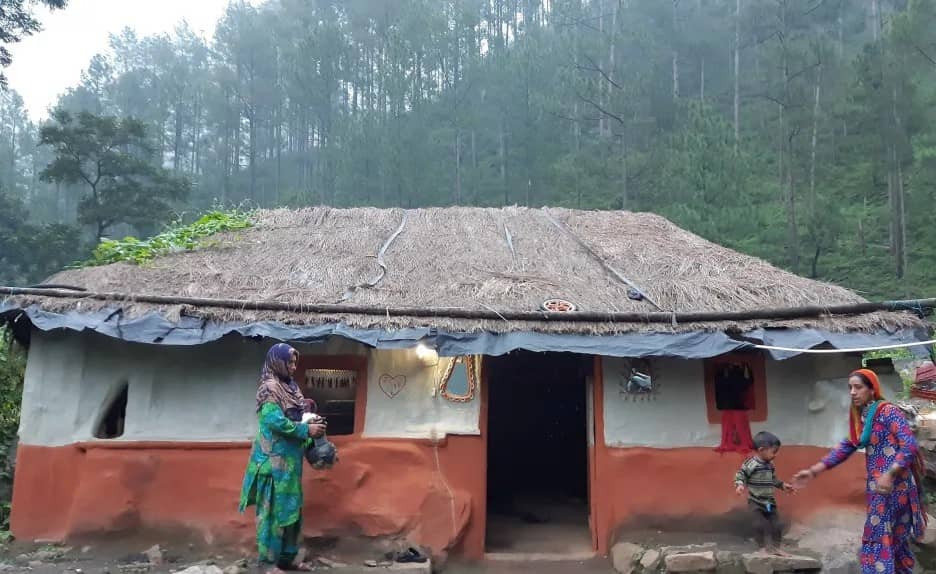
Gujjars and Forest
The Van Gujjars’ relationship with the forest, often romanticized, has faced challenges due to enforced conservation rules, restricting their movement during certain seasons. Experts argue that this restriction, combined with external pressures on forest resources, has led to their adaptation to a new way of life, undermining their traditional identity.
Forest Right Act
The Forest Rights Act (FRA) of 2006 to protect the rights of forest dwellers, including the Van Gujjars. However, despite legal provisions, the community often faces harassment by the Forest Department. The act has not only failed to address the discrimination faced by forest dwellers but has also been used to disempower them further.
The chaotic relocation process has left many Van Gujjar families without legal rights to the land they were assigned. The absence of ownership has led to difficulties in building houses, accessing water, and establishing new livelihoods. The need for a secure piece of land is not just about practical concerns but also a coping mechanism against harassment by the Forest Department.
As conservation efforts intensify, questions arise about the cost paid by marginalized and minority communities. The focus on “keeping forests pristine” without considering coexistence with local communities . It is unscientific and exclusionary. Wildlife is not confined within park boundaries, leading to increased human-wildlife conflicts and challenges for local farmers.
The key question remains:
Conservation for whom? As infrastructure projects and tourism encroach upon forests, it is crucial to reevaluate conservation strategies that prioritize the participation of local communities like the Van Gujjars. It’s time to recognize their role in sustaining the delicate balance between nature and human existence.


